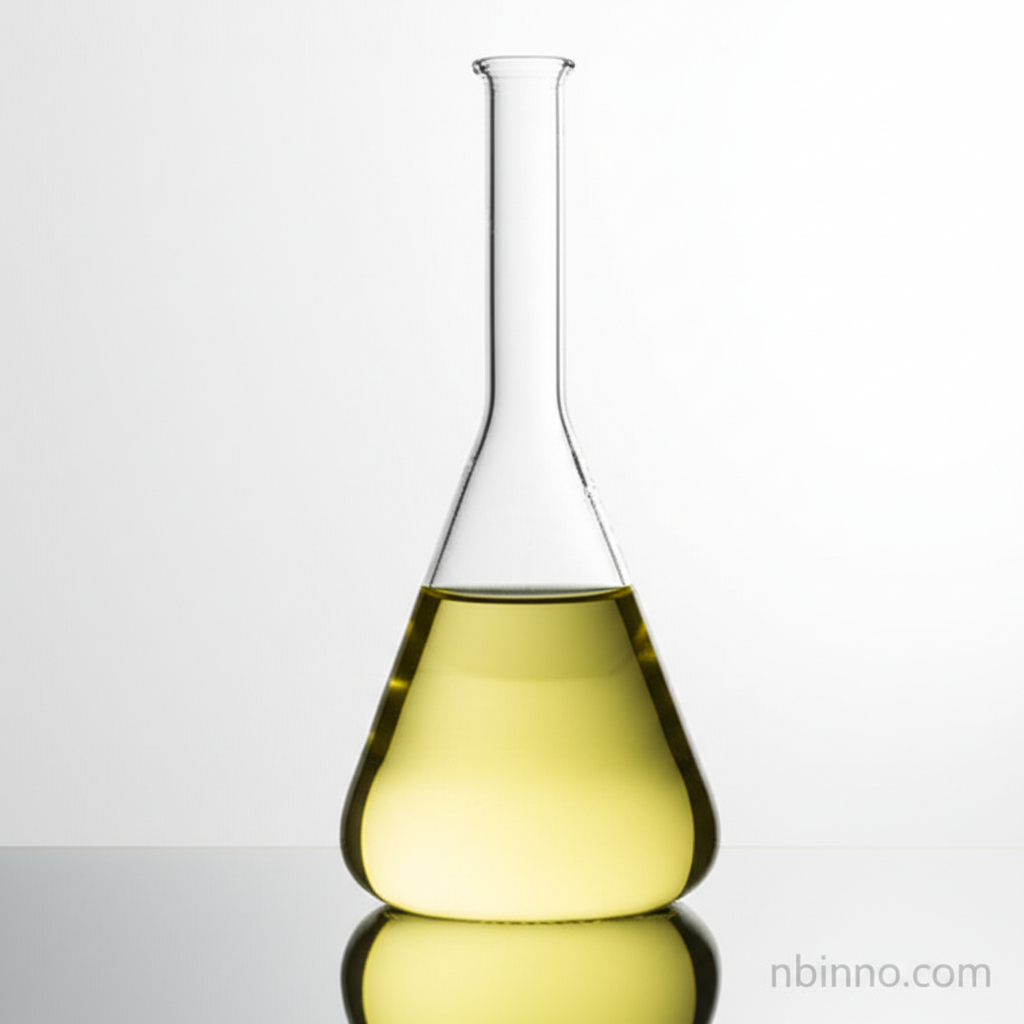Difluorodiphenylsilane (CAS 312-40-3): A Key Intermediate in Modern Chemistry
Exploring the versatile properties and critical applications of Difluorodiphenylsilane in advanced chemical synthesis.
Get a Quote & SampleProduct Core Value

Difluorodiphenylsilane
Difluorodiphenylsilane (CAS 312-40-3) stands out as a crucial organosilicon compound, offering enhanced reactivity and stability for various chemical transformations.
- Understanding difluorodiphenylsilane CAS 312-40-3 properties reveals its utility as a moisture-insensitive alternative to diphenyldichlorosilane, simplifying handling and reaction setup.
- Its increased reactivity towards nucleophiles makes it an excellent choice for sophisticated organic synthesis, ensuring efficient product formation.
- The compound exhibits remarkable stability in electrophilic aromatic substitution reactions, a key advantage for selective chemical modifications.
- As highlighted by Eaborn, fluorosilanes like difluorodiphenylsilane are more reactive with organometallic reagents, making them ideal for the synthesis of sterically hindered organosilanes.
Advantages Offered by Difluorodiphenylsilane
Enhanced Reactivity
Leveraging the unique properties of difluorodiphenylsilane in Hiyama coupling reactions leads to improved yields and reaction efficiency.
Superior Stability
Experience greater control in chemical synthesis with difluorodiphenylsilane's enhanced stability in electrophilic aromatic substitution compared to its counterparts.
Facilitated Synthesis of Hindered Organosilanes
The reactivity of difluorodiphenylsilane with organometallic reagents simplifies the preparation of sterically hindered organosilanes, a significant advancement for material science.
Key Applications
Hiyama Coupling
Difluorodiphenylsilane is a vital reagent in Hiyama coupling reactions, enabling efficient carbon-carbon bond formation critical for pharmaceutical intermediate synthesis.
Organosilane Synthesis
As a source of phenyl groups, this organosilicon compound is instrumental in the synthesis of various specialized organosilanes for diverse industrial uses.
Electrophilic Aromatic Substitution
Its stability in electrophilic conditions makes difluorodiphenylsilane a preferred choice for selective aromatic functionalization in complex synthesis routes.
Research and Development
Difluorodiphenylsilane serves as a fundamental building block in research laboratories for exploring new chemical pathways and material properties.
